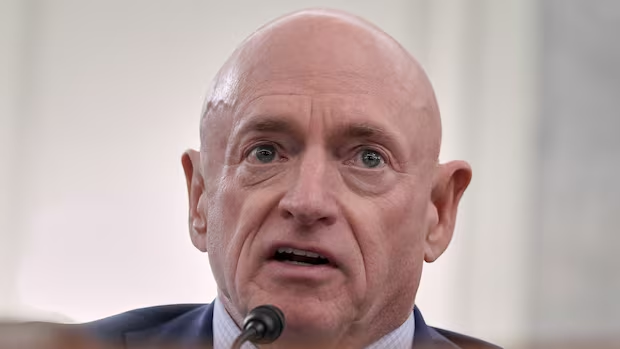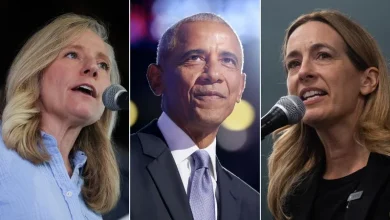Office equipment seller Askul pauses orders and shipments due to cyberattack

Japanese office equipment seller Askul has suspended order receipts on its Askul brand e-commerce website as well as product shipments due to a system glitch caused by a cyberattack.
The company said Sunday that it is hurrying to restore its system while checking whether there has been any leakage of personal information or customer data.
In a related development, Ryohin Keikaku, which uses a logistics company affiliated with Askul for the transportation of goods, suspended the website of its Muji brand of household products Sunday, making it temporarily impossible to buy goods through the site.
Askul confirmed that the glitch was caused by ransomware, a type of computer virus that encrypts data and demands ransom in exchange for decryption.
“We sincerely apologize for the significant inconvenience and concern this incident has caused to our customers … and stakeholders,” Askul said.
Order receipts and shipments have also been suspended for the company’s Lohaco services for individual customers and its Soloel Arena services for business users. Orders received after the suspensions will be canceled, Askul said.
Ryohin Keikaku said that it remains uncertain when its website will be restored.





